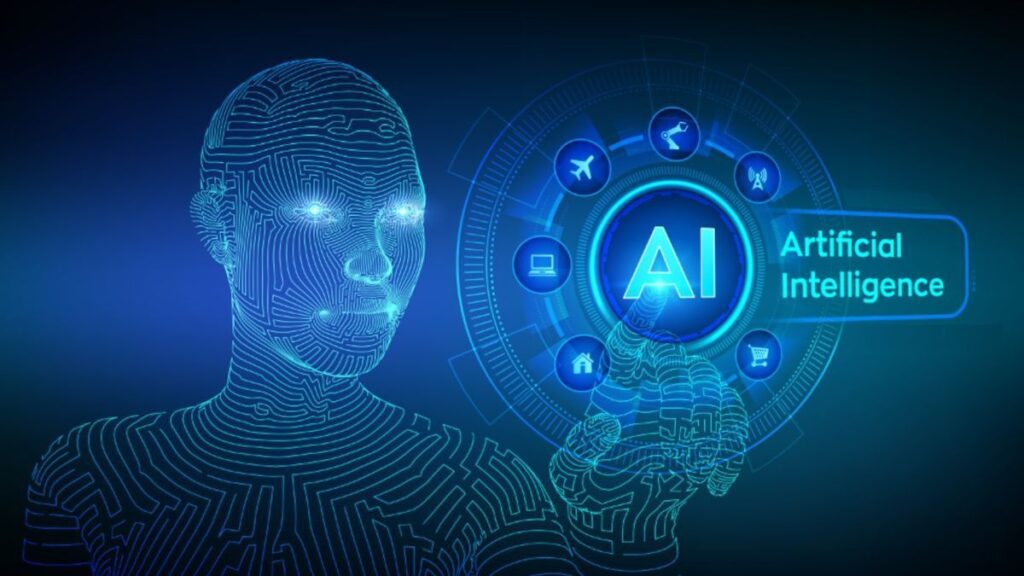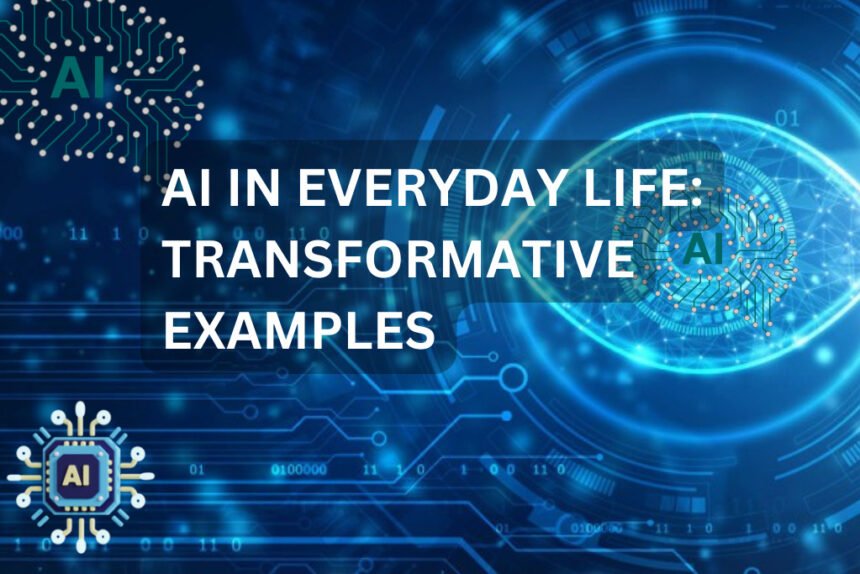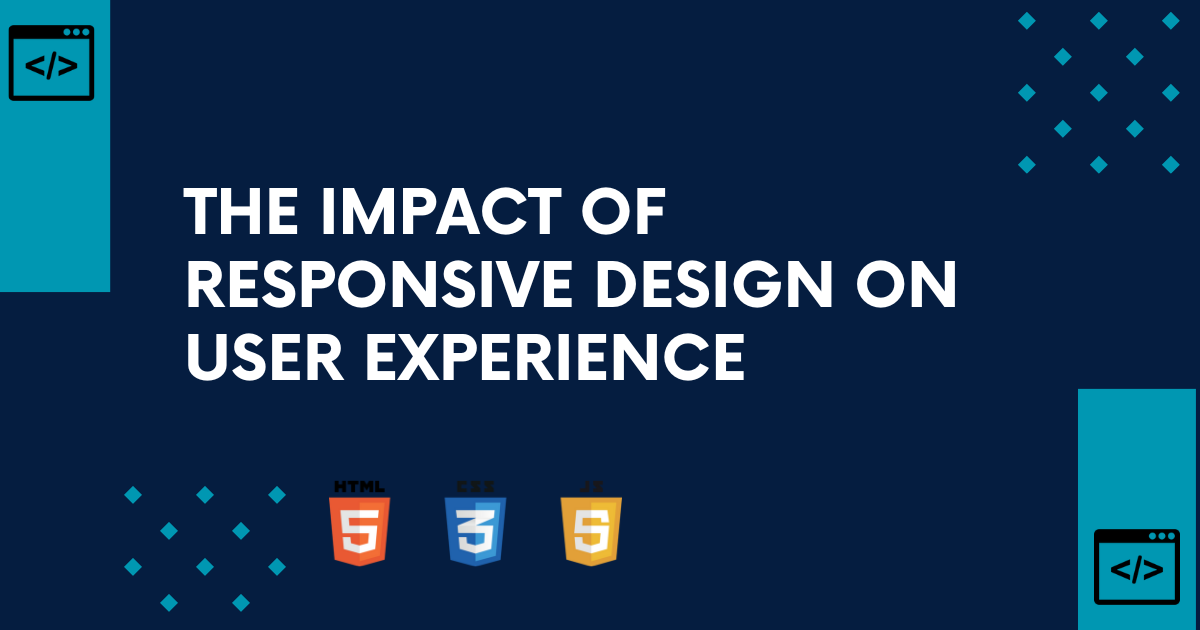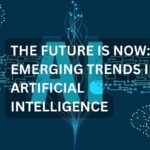Artificial Intelligence (AI) has transcended its sci-fi origins and become an integral part of our daily lives. From the moment we wake up to the time we go to bed, AI subtly influences and enhances various aspects of our routine. In this article, we’ll explore how AI has transformed everyday life through a myriad of examples across different domains.
Introduction
Definition of AI
To comprehend the impact of AI, it’s crucial to understand what it is. Artificial Intelligence refers to the simulation of human intelligence in machines programmed to think and learn like humans.
Pervasive Nature of AI in Everyday Life Examples
AI is not confined to laboratories or high-tech industries; it’s seamlessly woven into the fabric of our daily existence. Understanding its prevalence sets the stage for delving into specific examples. AI in Everyday Life Examples
Artificial Intelligence (AI) in Smart Homes

Voice-activated assistants
Smart homes exemplify AI integration with voice-activated assistants like Alexa and Google Assistant. These AI-powered companions not only play music or set reminders but also control smart devices throughout the house.
Smart thermostats and lighting systems
AI-driven smart thermostats and lighting systems adapt to residents’ habits, optimizing energy consumption and creating a comfortable living environment.
Artificial Intelligence in Healthcare
Diagnostic tools
In the healthcare sector, AI aids physicians with diagnostic tools that analyze medical images, enhancing accuracy and expediting treatment decisions.
Personalized medicine
AI algorithms analyze patient data to tailor treatment plans, ushering in the era of personalized medicine for more effective and efficient healthcare.
Artificial Intelligence (AI) in Education
Adaptive learning platforms
Educational platforms leverage AI to adapt to students’ learning styles, providing a customized and effective learning experience.
Virtual tutors
AI-driven virtual tutors offer additional support, helping students grasp challenging concepts and ensuring a more personalized educational journey.
AI in Entertainment
Recommendation algorithms
Streaming services utilize AI-powered recommendation algorithms, offering users content tailored to their preferences and enhancing the overall viewing experience.
Virtual reality experiences
AI enhances virtual reality experiences, creating immersive and interactive content for gamers and entertainment enthusiasts.
AI in Transportation
Autonomous vehicles
Self-driving cars, a pinnacle of AI in transportation, promise safer and more efficient commutes, reducing accidents and congestion.
Traffic management systems
AI optimizes traffic flow through intelligent traffic management systems, minimizing travel time and fuel consumption.
AI in Finance
Fraud detection
Financial institutions employ AI for real-time fraud detection, safeguarding transactions, and ensuring the security of customers’ financial assets.
Algorithmic trading
AI-driven algorithms make split-second decisions in financial markets, optimizing trading strategies and maximizing returns.
AI in Communication
Natural language processing in chatbots
Chatbots powered by natural language processing facilitate seamless communication, enhancing customer service interactions and resolving queries efficiently.
Language translation services
AI-driven language translation services break down language barriers, enabling effective communication between individuals from diverse linguistic backgrounds.
AI in E-commerce
Personalized recommendations
E-commerce platforms utilize AI to analyze user preferences, providing personalized product recommendations that enhance the shopping experience.
Virtual shopping assistants
AI-driven virtual shopping assistants guide users through product selection, offering insights and assistance akin to an in-store shopping experience.
AI in Agriculture
Precision farming
AI applications in agriculture enable precision farming, optimizing crop yield through data-driven insights on irrigation, fertilization, and pest control.
Crop monitoring
AI-based crop monitoring systems analyze satellite imagery, helping farmers detect early signs of crop diseases and plan interventions accordingly.
AI in Manufacturing
Predictive maintenance
Manufacturing industries employ AI for predictive maintenance, minimizing downtime by predicting equipment failures before they occur.
Quality control
AI enhances quality control processes, ensuring that products meet stringent standards through automated inspection and analysis.
Artificial Intelligence in Security
Facial recognition systems
AI-powered facial recognition systems bolster security measures, enhancing access control and surveillance in public spaces.
Predictive policing
Law enforcement agencies leverage AI for predictive policing, anticipating and preventing criminal activities through data analysis.
Ethical Considerations in Artificial Intelligence
Bias in algorithms
The omnipresence of AI raises ethical concerns, particularly regarding biases embedded in algorithms that may perpetuate societal inequalities.
Privacy concerns
The collection and utilization of personal data by AI systems raise privacy concerns, necessitating robust regulations to safeguard individuals.
Future Trends in Artificial Intelligence
Continued integration into daily life
AI is poised to become even more ingrained in our daily routines, with advancements in technology leading to further integration and innovation.
Emerging technologies
Technological breakthroughs, such as quantum computing and advanced robotics, will shape the future landscape of AI, presenting new possibilities and challenges.
Conclusion
In conclusion, AI’s transformative impact on everyday life is unmistakable. From smart homes to healthcare, education, entertainment, transportation, finance, communication, e-commerce, agriculture, manufacturing, and security, AI has reshaped how we live, work, and interact with the world. As we navigate the evolving landscape of AI, it is crucial to address ethical considerations and privacy concerns to ensure a responsible and inclusive future.
FAQ
What is AI, and how does it impact daily life?
AI, or Artificial Intelligence, simulates human intelligence in machines. Its impact is widespread, influencing various aspects of daily life, from smart homes to healthcare and beyond.
How does AI enhance the healthcare sector?
AI aids healthcare by providing diagnostic tools for accurate and speedy medical assessments. It also contributes to personalized medicine, tailoring treatments based on individual patient data.
Can AI be used in education?
Absolutely! AI is utilized in education through adaptive learning platforms and virtual tutors, providing customized learning experiences for students.
What role does AI play in the entertainment industry?
AI enhances the entertainment industry by powering recommendation algorithms for streaming services and creating immersive virtual reality experiences.
What are the future trends in AI?
The future of AI involves continued integration into daily life and the emergence of technologies like quantum computing and advanced robotics, shaping new possibilities and challenges.



